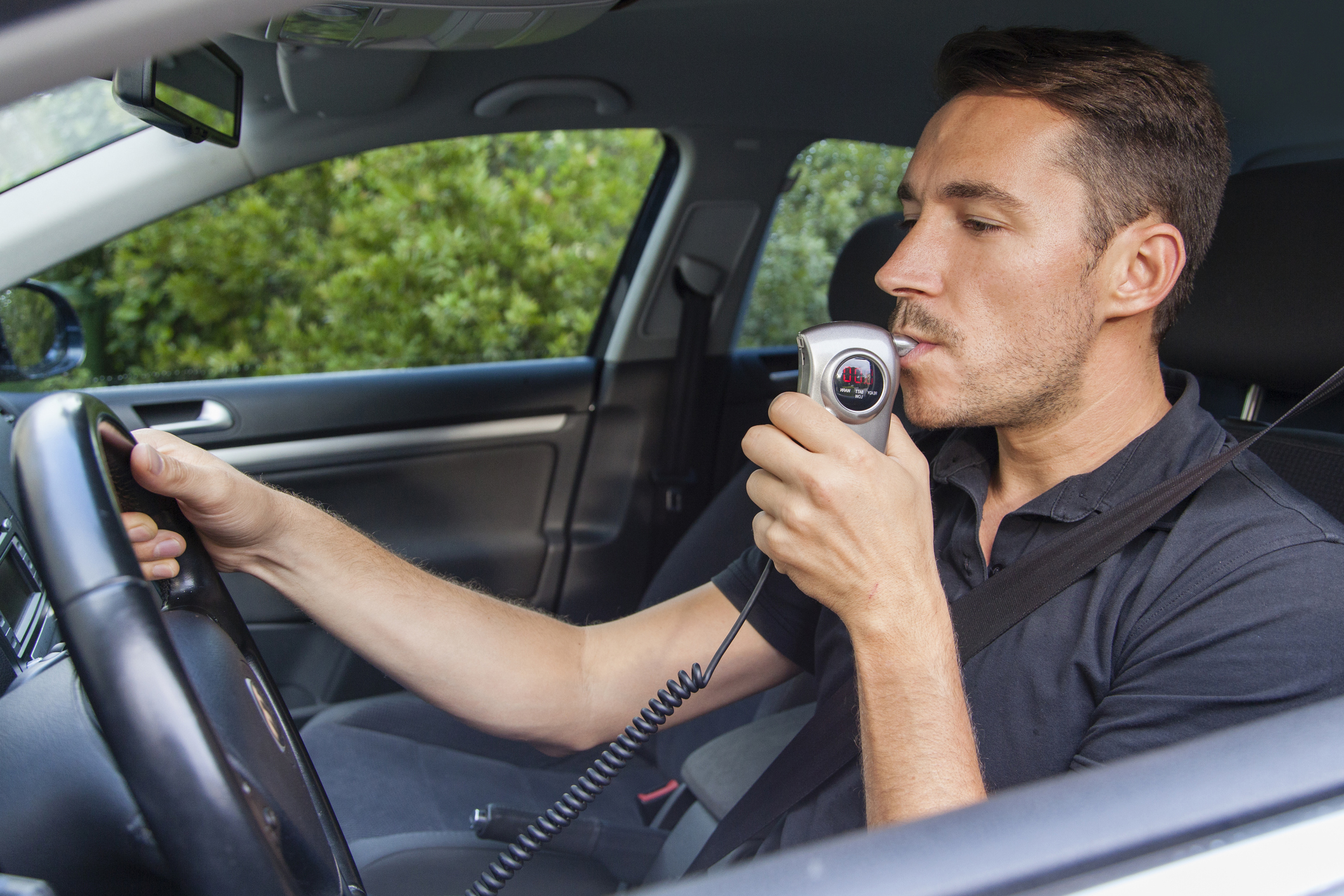
Are Breathalyzer Devices Safe During COVID-19 Pandemic?
There has been a growing fear worldwide that breathalyzer devices could be a vector for spreading COVID-19. As people stay at home, cover their faces, and keep six feet of distance between others when in public, anything that involves close contact is cause for scrutiny. The coronavirus has infected more than 1.5 million people across the globe, and nations are facing the worst epidemic since Spanish influenza, which killed millions in 1918. Law enforcement agencies must still keep roads clear of drunk drivers, but in light of COVID-19, using a traditional breathalyzer test raises concerns.
What Risks Do Breathalyzers Pose During COVID-19?
For someone to properly use a breathalyzer, they must put their mouth on a straw device and blow. Because COVID-19 is an airborne virus and a person blowing might be infected, couldn’t they infect the police officer standing next to them? Law enforcement in Florida uses roadside breath test devices during most traffic stops. There are raised concerns that the coronavirus can be spread if these portable devices aren’t cleaned properly. Additionally, in Florida and most of the United States, law enforcement uses a breathalyzer model called the Intoxilyzer 8000. The Intoxilyzer test is not portable and is used on a person who’s taken to the police station after being suspected of a DUI.
The Intoxilyzer operates by analyzing exposed breath to infrared light in a sealed chamber. It calculates your blood alcohol content (BAC) by running chemical tests, internal, automated control tests, and diagnostics. The Intoxilyzer also uses disposable mouthpieces that are spit-trap individually wrapped. The possibility of blowing on a previously infected mouthpiece on the device is slim to none because they are disposable.
Despite the safe mechanics of the Intoxilyzer, because of the close contact between the driver submitting the breath test and the officer administering it, both on the portable device and the Intoxilyzer, the potential for spreading the virus is, nonetheless, a very real one.
What are the risks for drivers?
The risk for drivers is the sheer proximity of being so close to a police officer. If the officer is an asymptomatic carrier of the virus, and coughs or spits while talking, the driver can become infected. A concern in regions that use different breathalyzers models, like the Alco-Sensor FST, is that pathogens can stay inside the breathalyzer device. When the driver inhales before blowing into the device, the driver could inadvertently inhale a pathogen. This is a risk in certain jurisdictions in British Columbia, Canada.
What are the risks for law enforcement?
The threat to police officers and law enforcement who administer breathalyzer tests is the proximity. If an infected driver blows air out and the air gets on the officer’s hand or clothes, he or she may quickly become infected. Anytime breath is exhausted in the officer’s general direction, if the driver is shedding the virus, the officer is at significant risk.
International Responses to Risks of Breathalyzers
Reports have sprung up across the globe of law enforcement agencies avoiding breathalyzer tests in fear of catching the deadly coronavirus. In Poland, Warsaw police have cut back on breathalyzers out of concerns these tests could further the transmission of the virus. In Taiwan, the national police have halted their scheduled checkpoints to avoid the spread of COVID-19. In Nepal, the fear that droplets from an infected person may transmit it has caused traffic police personnel to use breathalyzer tests sparingly.
Law enforcement agencies must still keep roads clear of drunk drivers. But in light of the coronavirus, it’s critical that they be vigilant when conducting breath tests.
Schedule a Consultation with Orlando’s Trusted Lawyers
The Umansky Law Firm stands by the Central Florida community during these difficult times of crisis. If you’re facing DUI charges because you refused to blow in fear of contracting the coronavirus, the DUI attorneys at our law firm can help. As an essential service, we remain open and dedicated to offering our clients aggressive DUI representation and trusted counsel. To schedule your complimentary consultation, please complete an online contact form or call us today.


